In the vibrant musical landscape of the 19th century, as European orchestras captivated audiences with their virtuosic performances, a remarkable meeting unfolded between the Austrian pianist Richard Lewy and a Kurdish Yezidi elder whose name is lost to history. This extraordinary encounter not only bridged cultures but also helped unveil the hidden treasures of Kurdish music to new audiences.
On January 30, 1850, the German music newspaper Neue Berliner Musikzeitung chronicled in its 39th issue the success of the St. Petersburg University Orchestra's concert series, which was conducted by the renowned violin maestro Ludwig Schuberth and featured Austrian, German, and Russian artists.
Audiences were especially excited for the return of Austrian pianist Richard Lewy (1827-1883), who had been invited by the Ottoman Sultan to give a series of concerts in Istanbul.
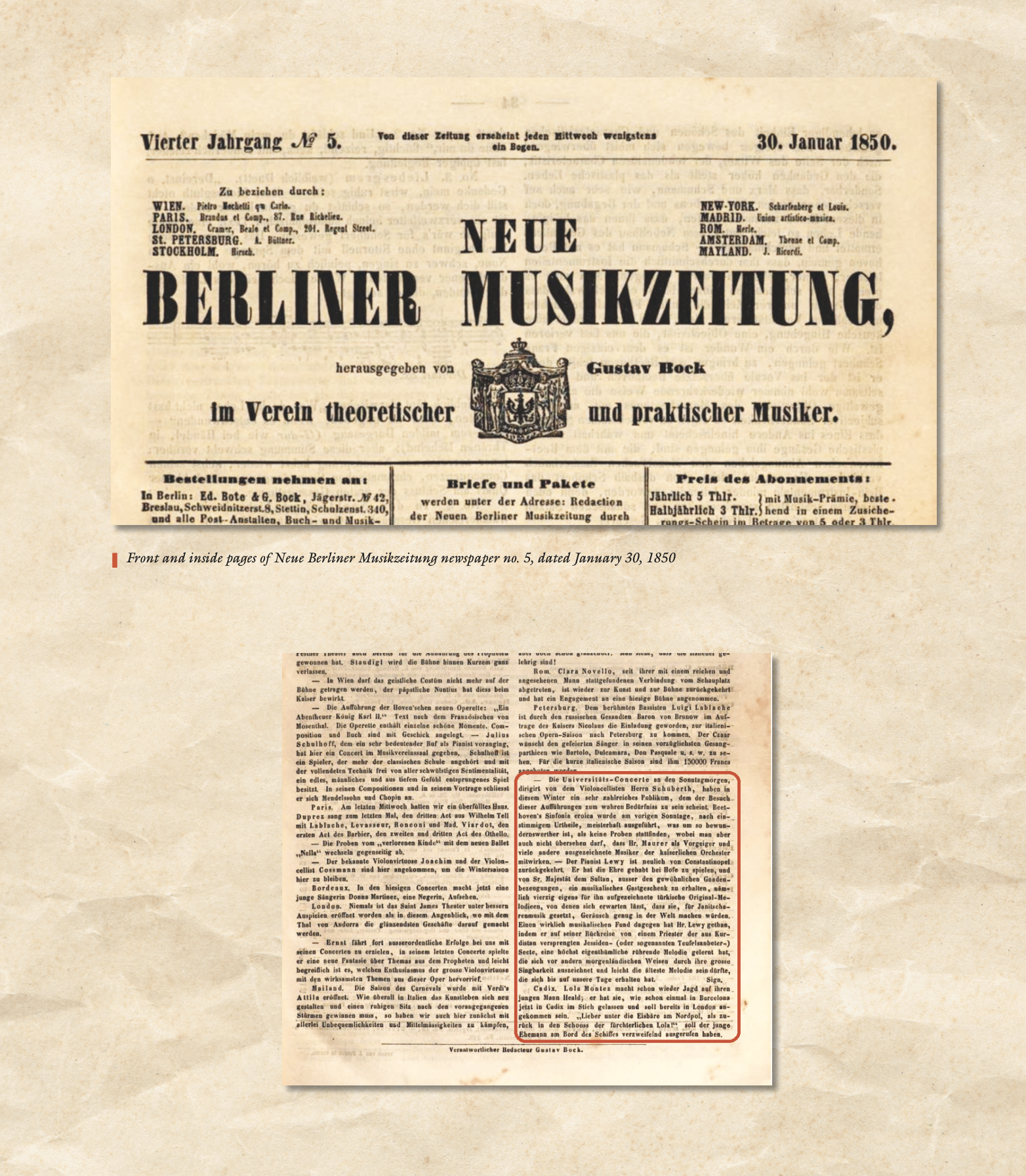
Anticipating Lewy's return, the German newspaper wrote: “Pianist Lewy recently returned from Istanbul. The visit was a golden opportunity to perform at the Sultan's palace, where the Sultan presented his guest with a prize of joy and a musical gift consisting of forty Turkish melodies on paper, that probably consists of little more than janitscharenmusik (music of the janissaries [elite Ottoman troops]) – a musical style embraced by classical European composers that was often modelled on the songs of Ottoman military bands – that fills the world with noise.”
After this disparaging comment, the newspaper’s account takes a different turn: “Mr. Lewy also met an old Yezidi man, who had migrated to Istanbul from Kurdistan, on the eve of his return to Germany and in whom Levi found a true musical gem. From him, Lewy learned the melody of a maqam, which is quite different from other Eastern melodies and is well sung because of its richness. Kurdish melodies are some of the oldest to survive to this day.”
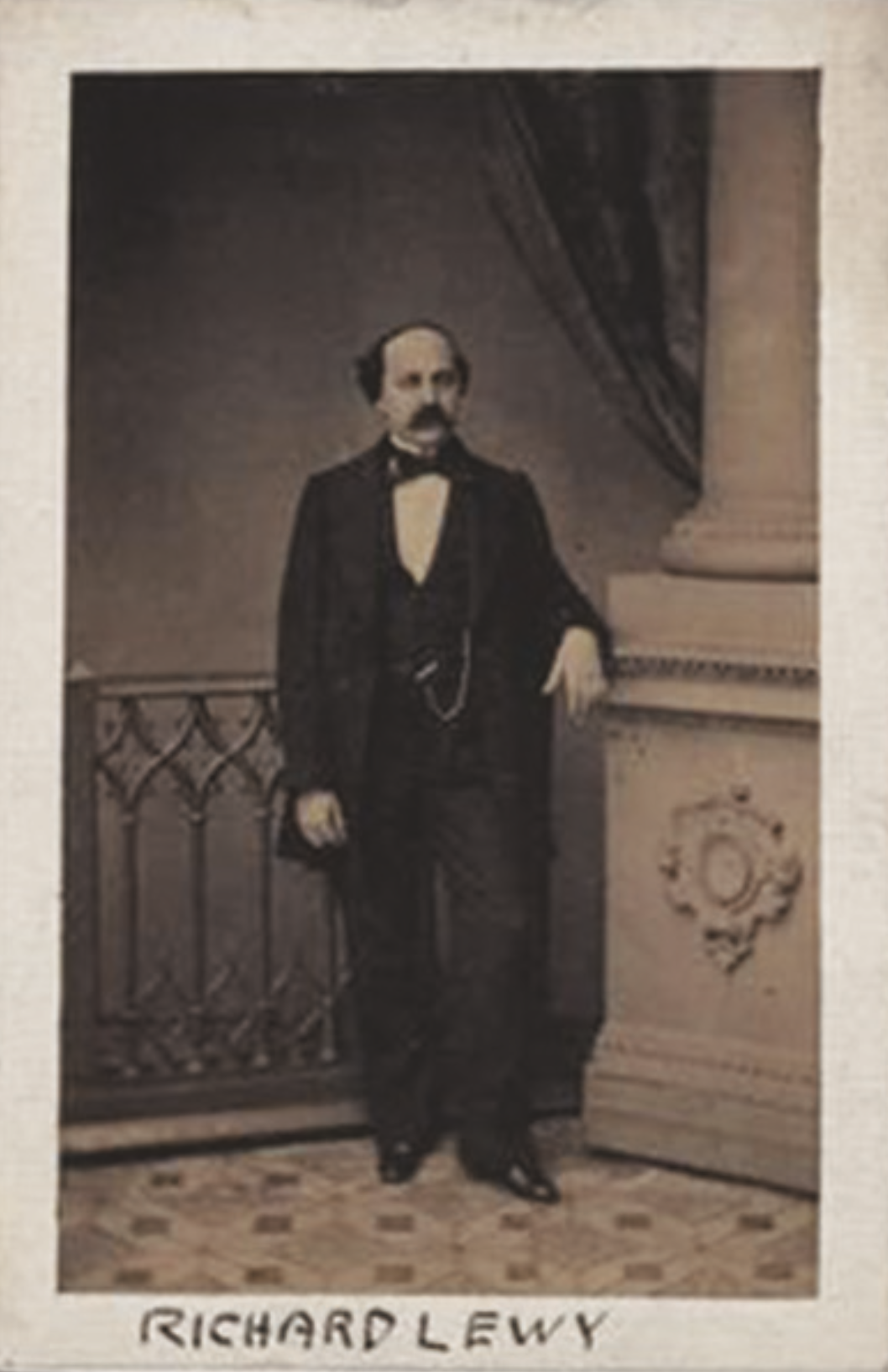
Music and the Orientalists
This historic moment occurred during the 19th century, a period when Western Orientalists were undertaking extensive research and exploration into Kurdish language, literature, music, history, and ethnology. Among these scholars was English archaeologist and linguist Claudius James Rich (1787-1821), who ventured into the Kurdistan of Iraq in 1820. There, he bore witness to a multitude of Kurdish musicians and singers, captivated by their melodies, including those of the Yezidi Kurds.
Another prominent figure was archaeologist Austen Henry Layard (1817-1894), who received an invitation in 1849 while excavating in Mosul to attend the grand Ezidkhan festival at Lalish, a holy religious Yezidi site located in Duhok province of the Kurdistan Region. Layard recounted his journey to the village of Ba’adre, the hometown of Sheikh Nasser and Hussein Beg, where he encountered a community marked by their peacefulness and hospitality. He described in detailed the festival as an event that drew participants from Sinjar to the borders of the Caucasus, culminating in a mesmerizing spectacle of music, torches, and Kurdish songs, which resonated deep into the night.
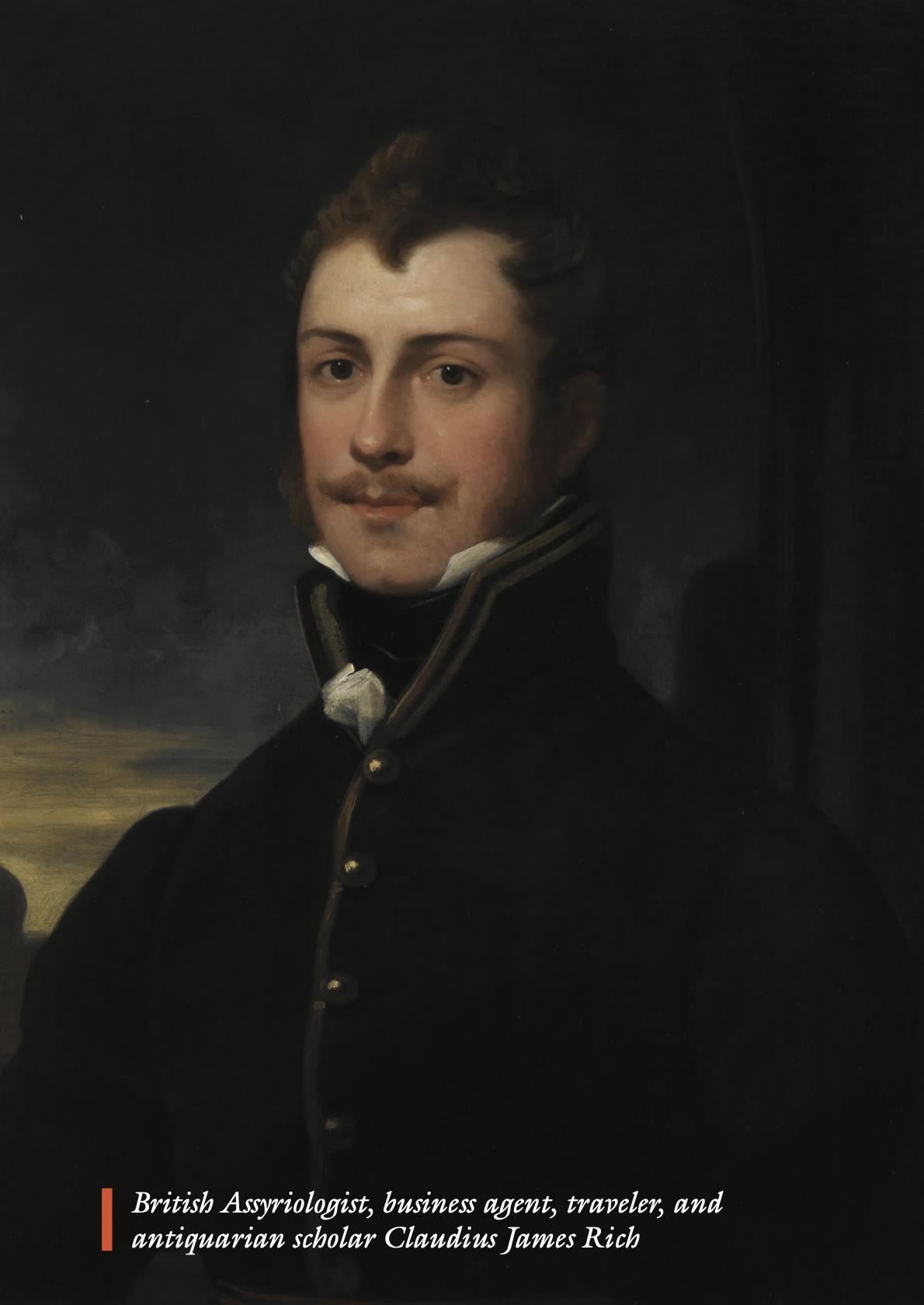
Karl Georg Theodor Kotschy (1813-1866), an Austrian botanist, embarked on a mission to collect plant species near Amedi in the Kurdistan Region's Duhok Province in 1841. During this expedition, he was similarly captivated by Kurdish songs and music, remarking:
“I will never forget the influence of the Kurdish music and songs I heard in 1841 in the Gara area near Amedi, north of Duhok. I had been living among the Arabs for five years and had never heard a clean melody. One day, I found two boys in the Gara Mountains who were known as two famous singers. When we came down from the mountains, these two young men sang songs that came from the heart and soul. Many people are afraid of these Kurds, but if you know how to treat them, you will find that they are actually sincere and hospitable people.”
The observations of these Orientalists provided valuable insights into Kurdish songs and music and found their way into European calendars and encyclopedias. In 1837, the Viennese literary calendar Jahrbücher der Literatur made note of the Kurdish affinity for music characterized by a melancholic tone. In this retelling, some of the songs bore a striking resemblance to the tunes of Venetian sailors, a testament to their universal appeal.
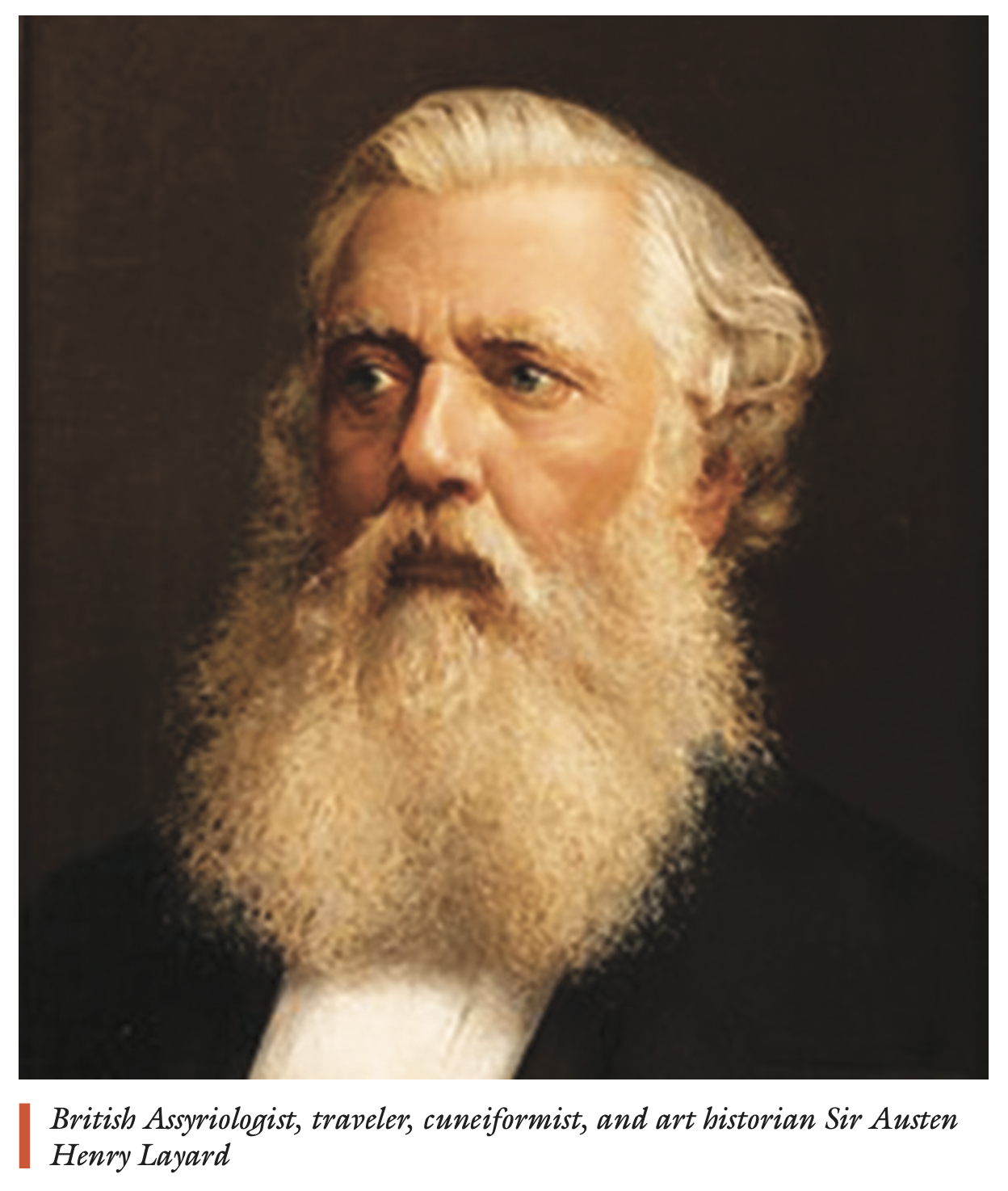
The power of music to bridge cultures
Kurdish music stood out not just for its enchanting melodies but also for the profound themes interwoven into its verses. European researchers marveled at the harmony between musicality and the messages they conveyed. Love songs coexisted alongside narratives of historical and social significance, speaking to the depth and richness of the long-standing Kurdish musical tradition.
The encounter between Richard Lewy and the Yezidi elder serves as a poignant example of the power of cultural exchange to transcend borders and time and the enduring power of music to inspire and bring together people from diverse backgrounds. As we celebrate the legacy of this encounter, we also honor the depth and richness of Kurdish music, a treasure trove of melodies and stories awaiting to be discovered by the world.
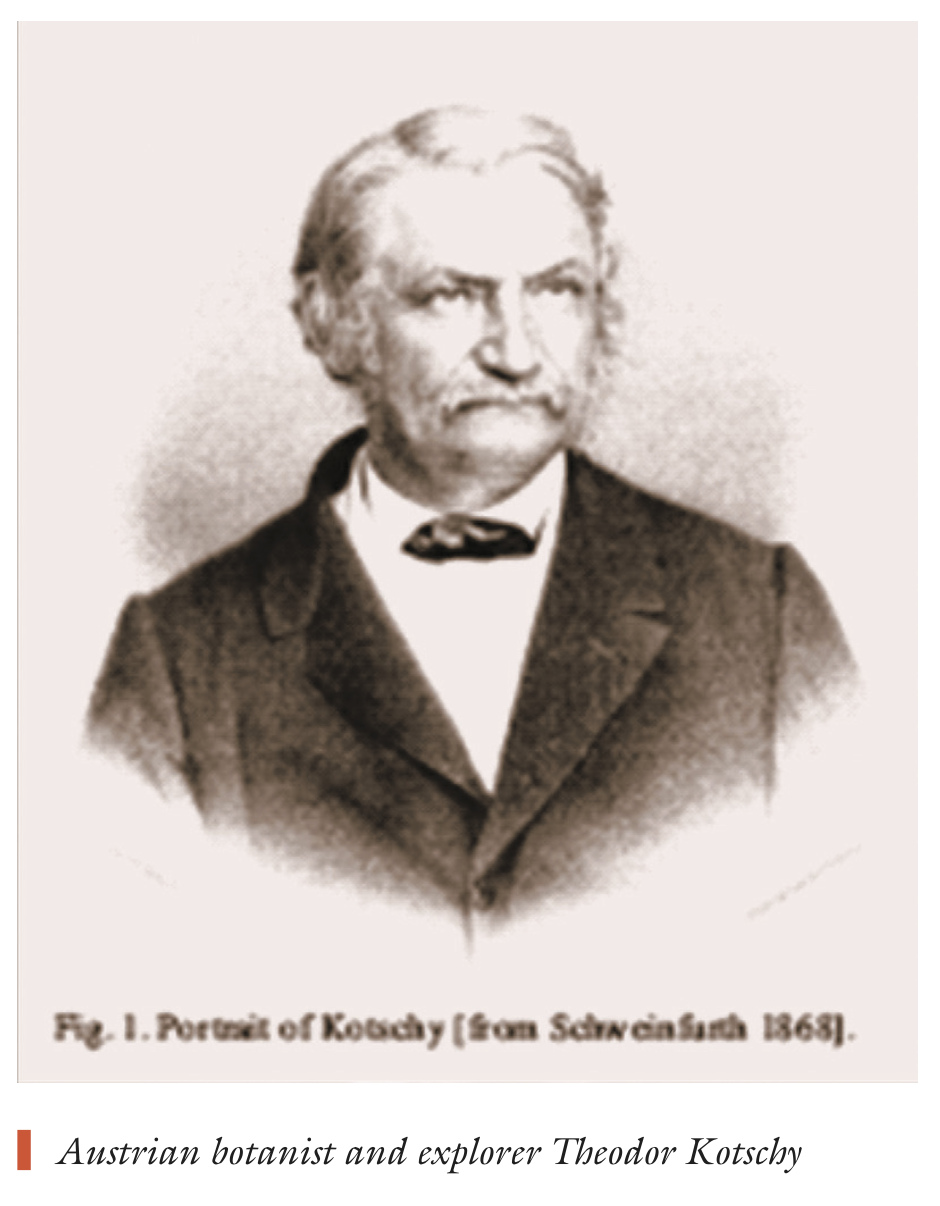
Baker Schwani is a Kurdish writer and translator based in Germany. He has translated several acclaimed novels into Kurdish. Schwani was born in Kirkuk and studied geology in Baghdad before moving to Germany and obtaining a degree in oriental studies at the University of Bonn.

